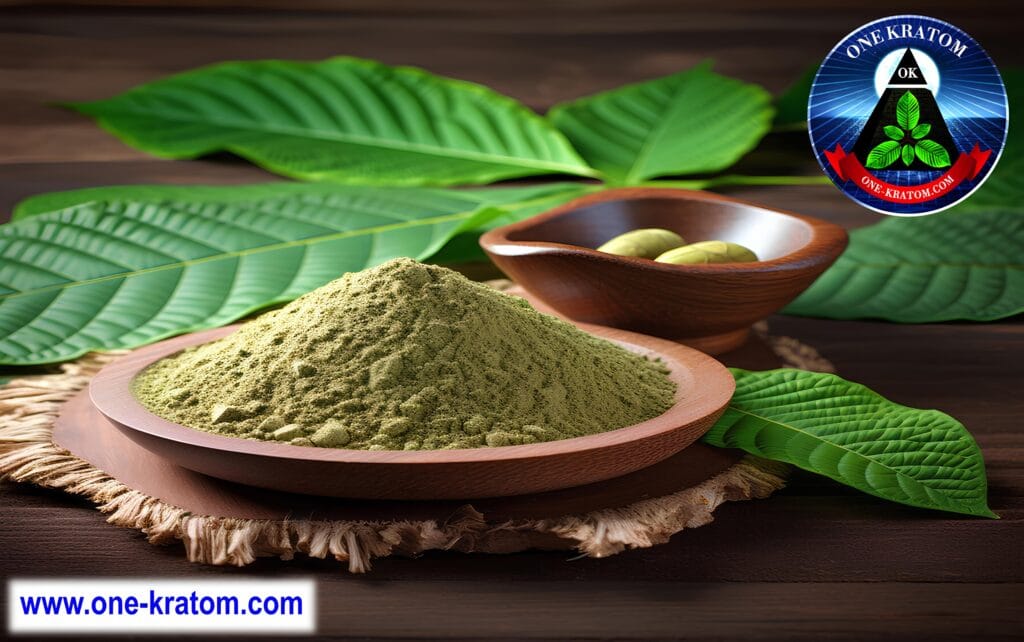
ONE-KRATOM.COM, The Indonesian government has officially recognized kratom as an export commodity through the issuance of two new regulations by the Minister of Trade. These regulations provide detailed guidelines regarding which forms of kratom are permitted or prohibited for export. The rules, set forth in Permendag No. 20/2024 and Permendag No. 21/2024, will come into effect 30 days after their enactment on August 29, 2024. This marks a significant step in the regulation of kratom, a commodity with growing international demand.
Permendag No. 20/2024 serves as an amendment to Permendag No. 22/2023, which previously listed goods prohibited for export. Under this regulation, kratom is classified as an agricultural product that cannot be exported in specific forms. The ban includes raw kratom leaves, as well as dried kratom in coarse, unprocessed fragments. This decision aims to control the quality of kratom exported and prevent raw or minimally processed products from entering international markets.
However, Permendag No. 21/2024 provides a clear framework for kratom products that are allowed for export. This regulation amends Permendag No. 23/2023, outlining the standards for allowable kratom exports. Only kratom that has been finely ground or processed into powder form is permitted for international trade. This ensures that only high-quality, refined products reach global markets, enhancing Indonesia’s export standards.
Director General of Foreign Trade at the Ministry of Trade, clarified the rationale behind these regulations. He explained that the ban on raw kratom leaves and coarse fragments aims to streamline exports and avoid regulatory issues in importing countries. Previously, many kratom shipments from Indonesia were held up in foreign ports due to unclear standards, causing financial losses for exporters.
The new regulations also seek to enhance the value of kratom exports. By focusing on refined products, the government hopes to encourage domestic processing industries, thus increasing the commodity’s value before it reaches international markets. This move could potentially boost the earnings of Indonesian kratom producers and contribute to the country’s overall economic growth.
Furthermore, the regulations are intended to minimize the risk of misuse. Kratom has faced scrutiny in several countries due to its psychoactive properties, and the government aims to address these concerns through stricter controls. Exporters are now required to obtain specific export permits, and export quotas will be enforced to regulate the volume of kratom shipped abroad. This system is designed to maintain oversight and ensure compliance with international standards.
Another significant aspect of the new regulations is the implementation of a pre-export notification (PEN) system. Through this mechanism, importing countries can authorize kratom imports in advance, reducing the likelihood of illicit distribution. This collaborative approach not only enhances transparency but also builds trust between Indonesia and its trading partners, fostering more stable and reliable export relationships.
The government’s decision to regulate kratom exports aligns with broader efforts to add value to Indonesia’s agricultural commodities. For years, raw kratom from Indonesia has been processed in third countries, which then re-export the refined product at a higher profit margin. By mandating that kratom be processed domestically, Indonesia aims to capture more of this value and strengthen its position in the global kratom market.
The new rules also highlight the importance of legal clarity for kratom exporters. Previously, kratom was categorized as a free export commodity, leading to inconsistencies and confusion among traders. With the introduction of these regulations, exporters now have a clear legal framework to follow, which can help them navigate international trade more effectively and avoid unnecessary delays or penalties.
Overall, the government’s initiative marks a significant shift in the regulation of kratom exports. By focusing on quality, value addition, and regulatory compliance, these new rules aim to enhance Indonesia’s competitiveness in the global kratom market while ensuring that the trade remains transparent and accountable.
